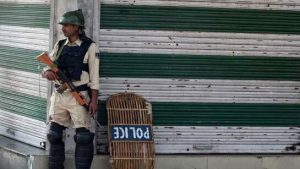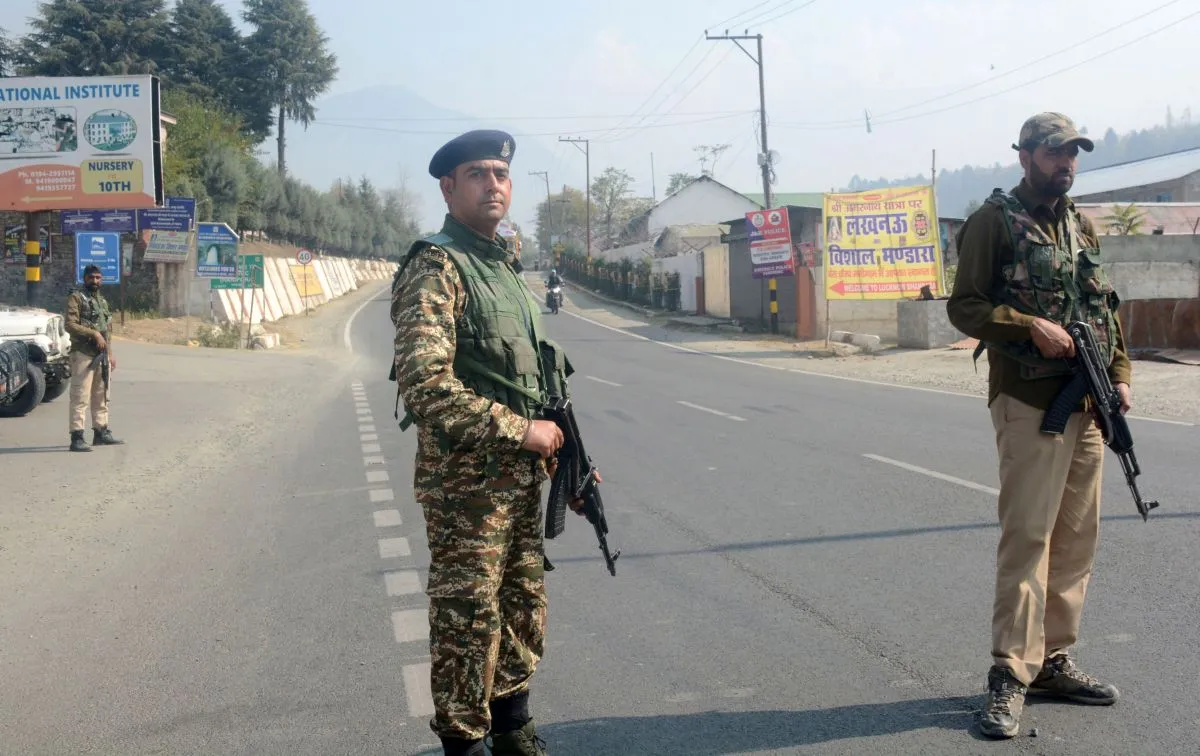In an unprecedented show of unity and grief, Jammu and Kashmir observed a complete shutdown on Wednesday in response to the brutal terrorist attack that claimed the lives of at least 26 people mostly tourists in the Baisaran area of Pahalgam, Anantnag district. The incident, which occurred on Tuesday, has triggered widespread outrage and led to the first valley-wide shutdown against terrorism in 35 years.
For the first time in 35 years, the Kashmir Valley observed a complete shutdown against a terror strike. Streets across Srinagar and other major towns were eerily quiet, with marketplaces, petrol pumps, and commercial establishments shuttered. Only essential services were available, and public transportation was largely absent. However, private vehicles continued to ply in limited numbers.



